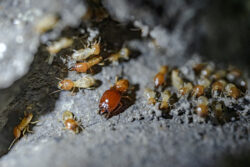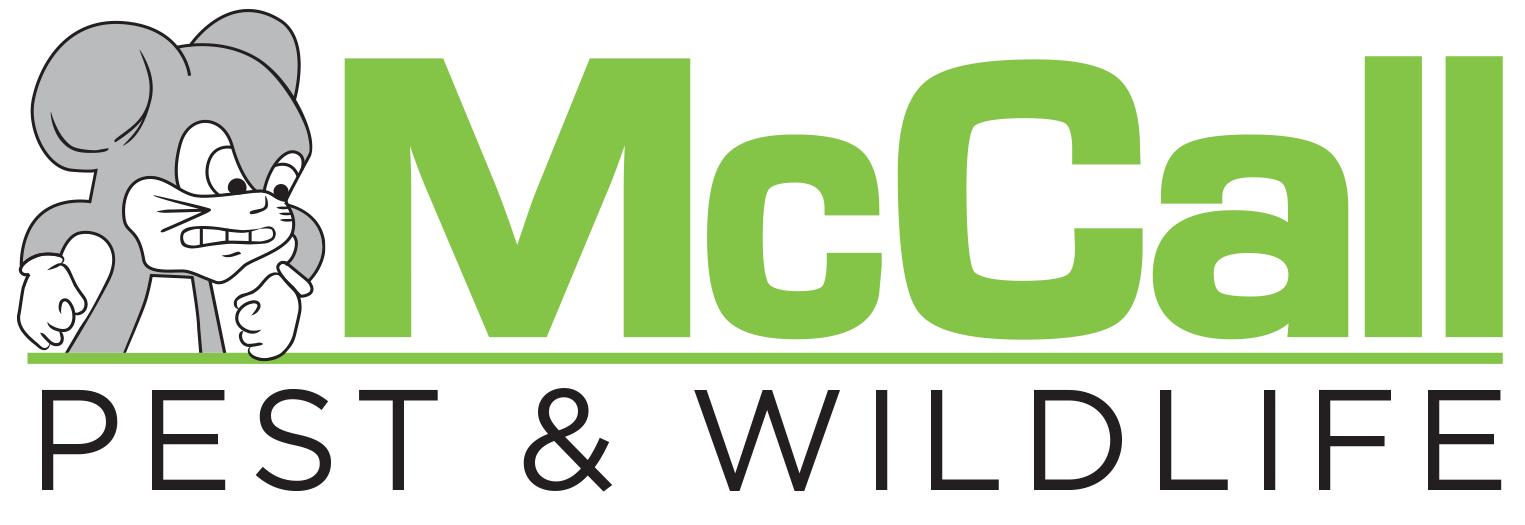Formosan termites are a type of subterranean termite that originated from southern China and Taiwan, but have been introduced to many other countries, including the United States. These pests have become a common issue amongst certain states such as Florida and Alabama. They are also known as “super termites” because of their large colony size, aggressive behavior, and ability to cause extensive damage to wooden structures and trees.
What Do Formosan Termites Look Like?
Formosan termites can be difficult to identify when compared to other termite species. The workers of the colony have a rounded head that is tapered toward the front, similar to a teardrop shape, unlike other subterranean termites that have a rectangular head. The workers are creamy white in color and have no wings or eyes. The alates, or “swarmers,” that are meant to breed new nests, appear once a year during swarming season. They have a similar appearance to flying ants but can be identified with the proper professional help.
What Do Formosan Termites Feed On?
Formosan termites feed on cellulose, which is found in wood, paper, cardboard, and plant fibers. They can tunnel through soil and wood to reach their food source, creating mud tubes along the way to protect themselves from drying out. They can also build carton nests above ground, which are made of chewed wood, soil, and saliva. These nests can retain moisture and allow the termites to survive in dry or exposed areas.
How Can I Prevent Formosan Termites?
These termites are typically silent as they feed on wood and because of their large colony size, can cause severe damage to structures in a very short amount of time. This makes them an extremely hard pest to catch before some amount of damage is done. The best way to prevent a Formosan termite infestation is to eliminate moisture sources, wood-to-soil contact, and wood debris around the property. It is also important to inspect the property regularly for signs of termite activity, such as swarmers, discarded wings, mud tubes, damaged wood, or carton nests. If Formosan termites are suspected or confirmed, contact a licensed pest control professional who can provide effective termite treatment options.


